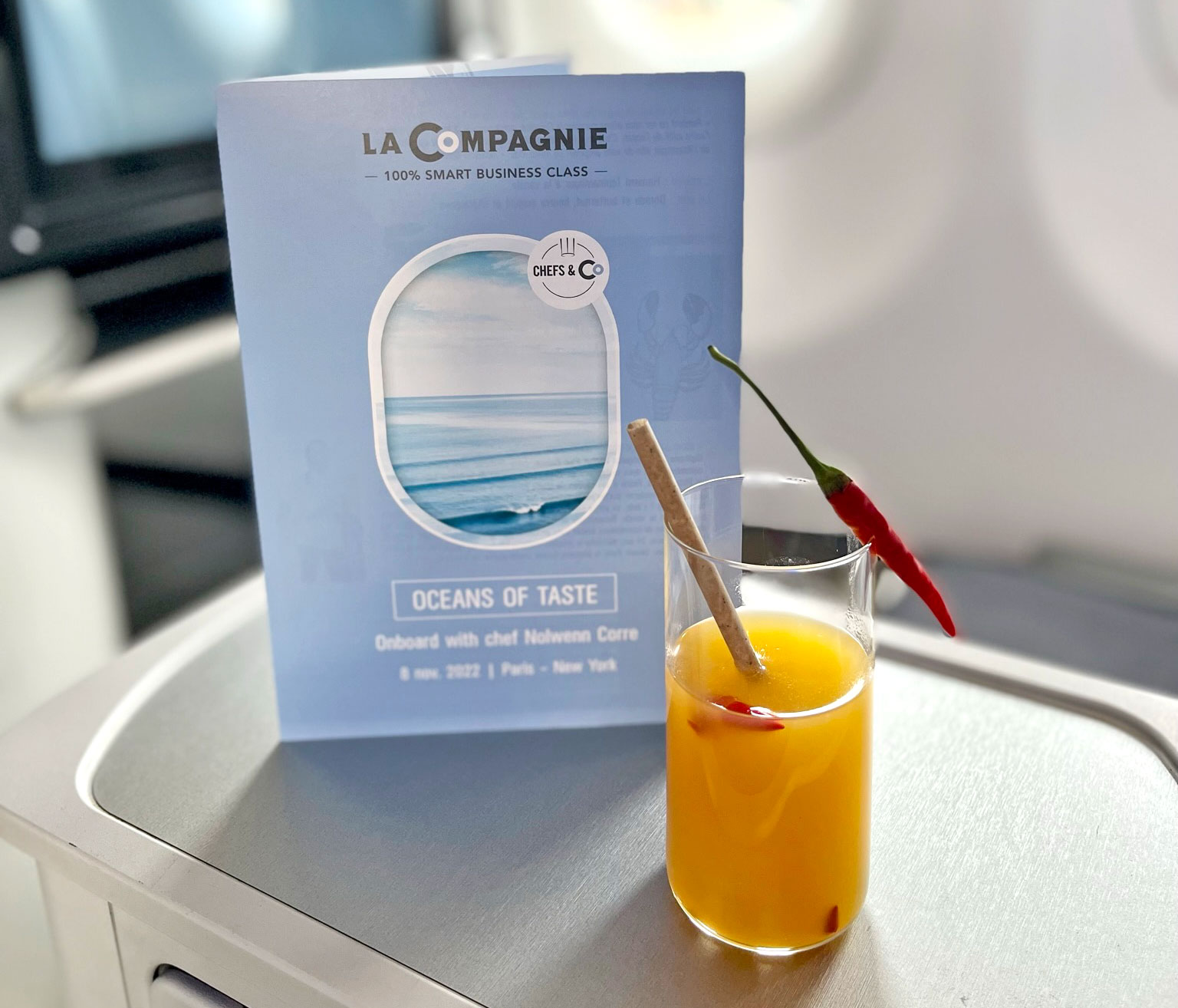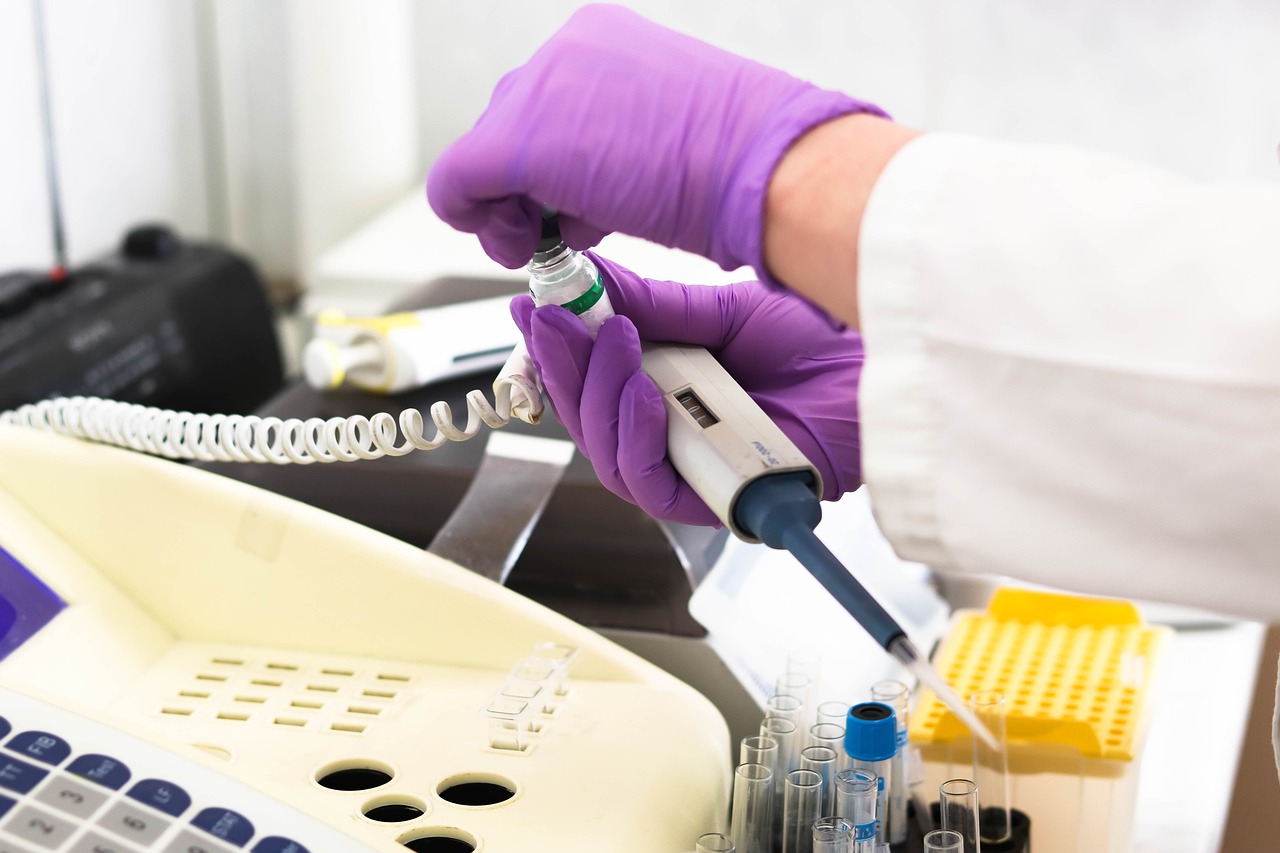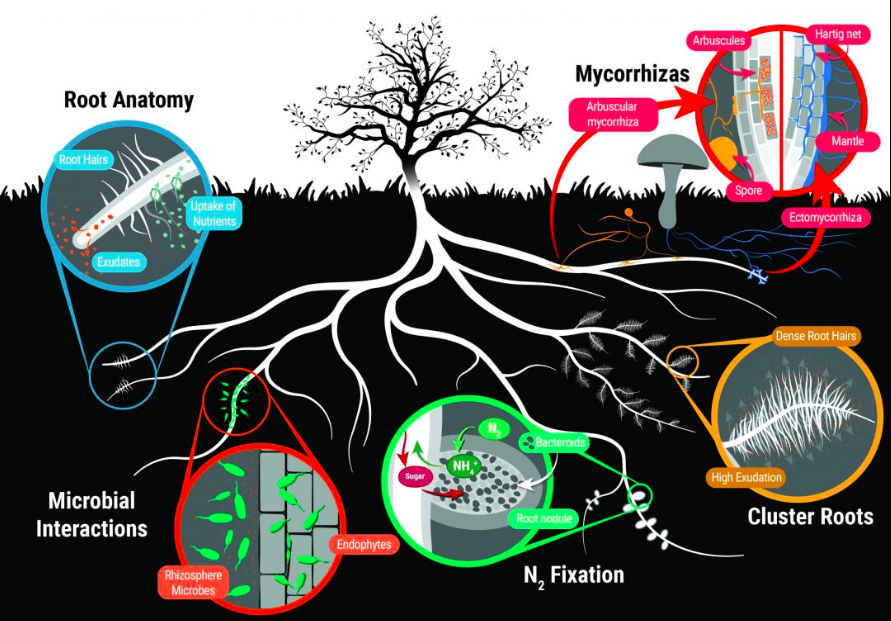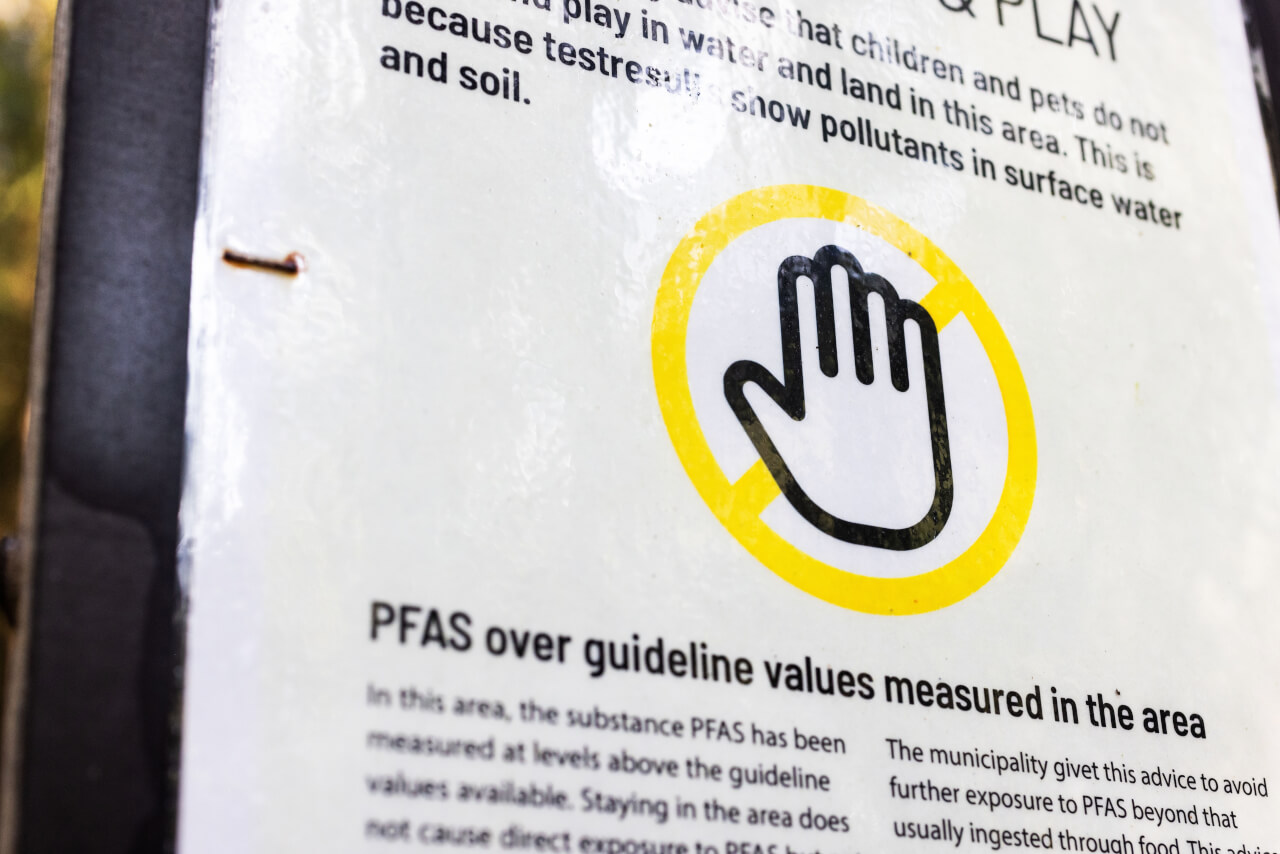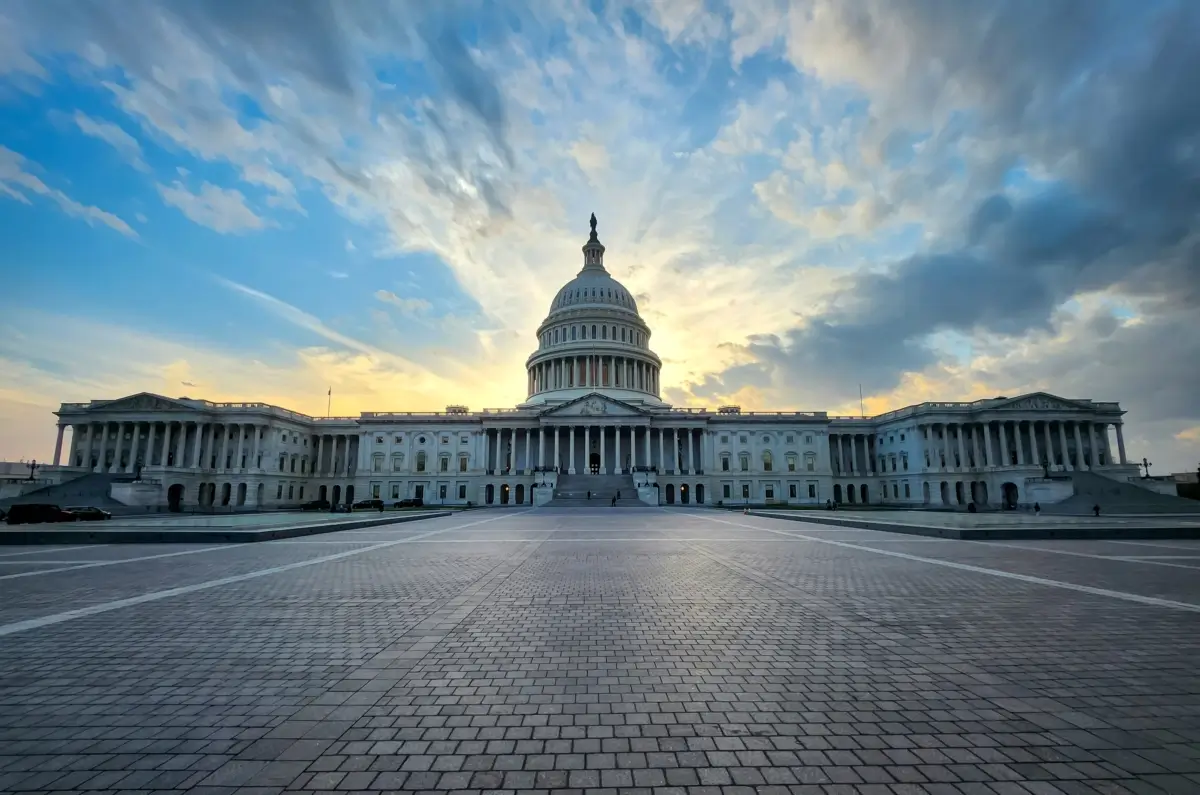[ad_1]
Each February, the Marbleseed Natural Farming Convention is held close to the gorgeous Mississippi River in La Crosse, Wisconsin. The Driftless area of the Midwest, encompassing corners of Wisconsin, Iowa, and Minnesota, holds rolling hills and fertile farming communities. The convention (previously often called MOSES) brings collectively farming communities throughout variations in acreage and entry to land; city and rural producers; and commodity, livestock, and blended vegetable farmers. One factor that unites every of those totally different communities is a dedication to natural ideas.
This yr the convention kicked off with an open area model summit, the place contributors bought to guide small group conversations about matters they needed to debate. This interactive tone of the convention inspired attendees to fulfill new individuals. Conferences are nice areas for sharing data, however making new connections is simply as necessary. That’s why a few of our Midwest workers hosted a Younger Farmer Mixer throughout dinner on Friday evening! Working with the Minneapolis nonprofit Renewing the Countryside, starting farmers bought to attach in an informal social area. Areas that foster connections exterior the convention are necessary for constructing networks, and connecting farmers throughout the midwest is one step in direction of extra resilient farming.
Some convention periods we loved included: “Constructing Solidarity Between Household Farmers and Farm Staff” led by John Peck and a bunch of ladies farmworkers from La Alianza Nacional de Campesinas; “The Historic Context of Land Entry within the US and Its Impacts on Indigenous Peoples” led by Bagwaj Kmett; “Overcoming Entry Boundaries for Starting and Immigrant Farmers’ led by Vitais Tita of Higher Greens, LLC; and “Soil is Our Ancestor,” a session for us to attach round {our relationships} to soil, led by Ayana Sol Machado and Chrystal Odin of Philadelphia Farm.
Every of those periods have been centered on an understanding that constructing solidarity, addressing racial fairness points, and land entry are foundational to making a meals system that is freed from racial violence, accessible to communities, oriented in direction of environmental well-being, and anxious with well being over revenue. The conversations that got here out of every session highlighted the truth that, and not using a foundational understanding of the historic context of racism and discrimination that informs modern-day agriculture, no quantity of innovation or know-how can transfer us ahead in direction of a sustainable future.
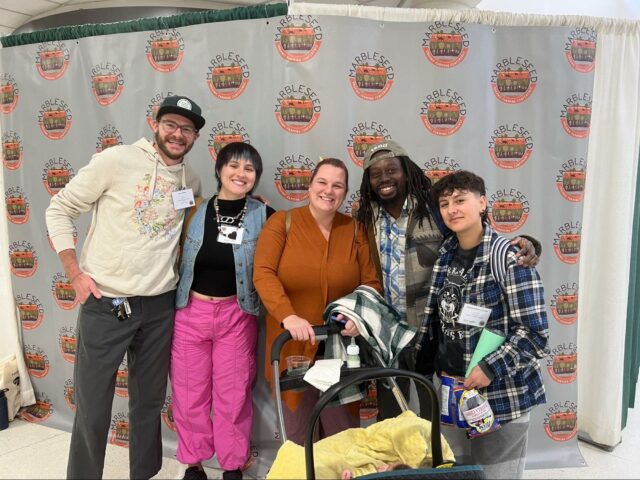
[ad_2]
Source link








